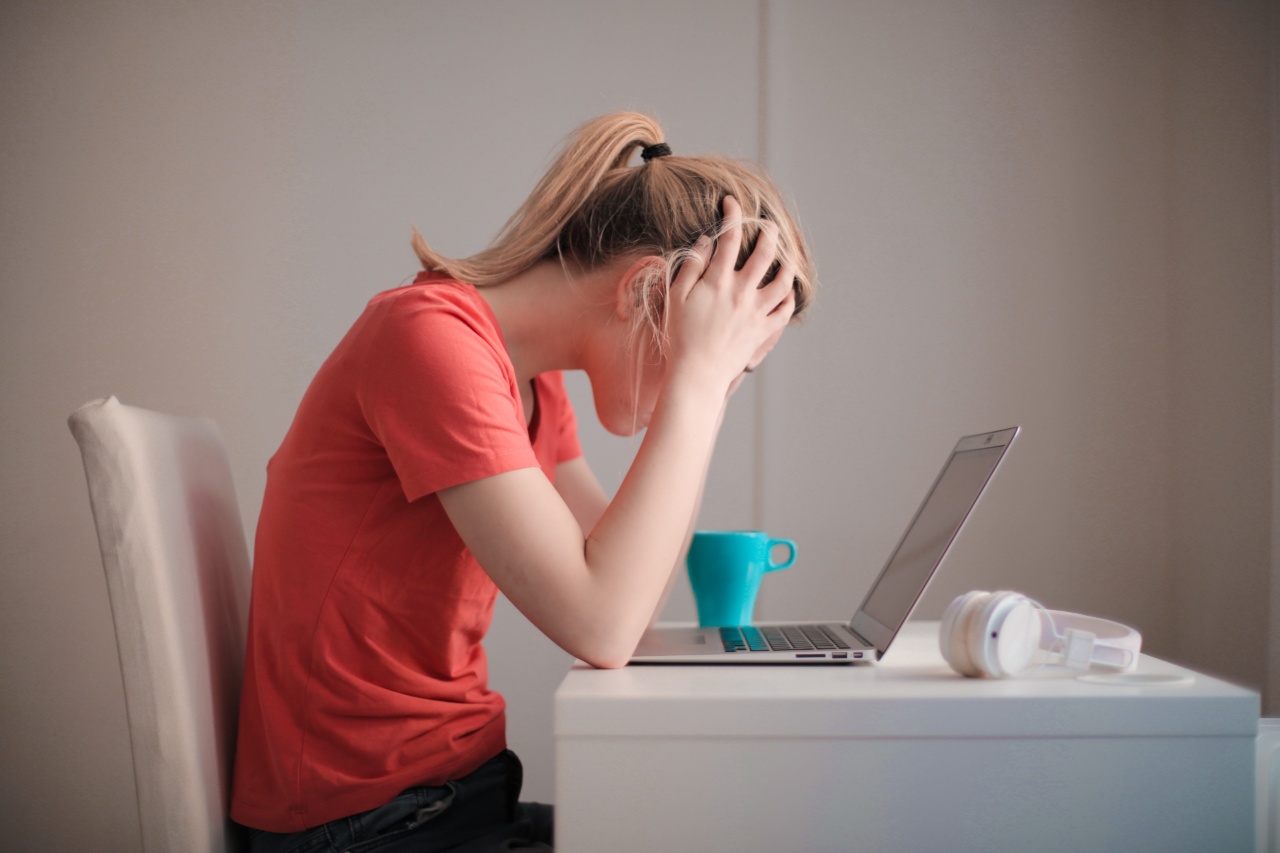As a student, it can be challenging to juggle all your responsibilities while also dealing with stress and anxiety.
While a certain amount of stress is normal, excessive stress can have a negative impact on your physical and mental health, as well as your academic performance. In this article, we will discuss 10 stress-busting strategies for anxious students to help you manage stress and anxiety and reach your full potential.
1. Practice Mindfulness Meditation
Mindfulness meditation is a powerful stress-reduction technique that can help you manage anxiety and improve focus and concentration.
Regular meditation practice can help reduce the symptoms of anxiety and depression, improve sleep quality, and regulate emotions. To practice mindfulness meditation, find a quiet place to sit and focus on your breath. Whenever your mind wanders, gently bring it back to your breath.
2. Exercise Regularly
Exercise is an excellent way to manage stress and anxiety. Physical activity releases endorphins, which are natural mood lifters. Regular exercise can help you sleep better, reduce stress and anxiety, and improve overall health.
Try to aim for 30 minutes of moderate-intensity exercise, such as brisk walking, cycling, or swimming, at least five days a week.
3. Get Enough Sleep
Getting enough sleep is essential for maintaining good physical and mental health. Lack of sleep can increase stress and anxiety, impair cognitive function, and negatively impact academic performance.
Aim for 7-9 hours of sleep each night, and try to establish a consistent sleep schedule to help regulate your body’s inner clock and improve sleep quality.
4. Practice Deep Breathing
Deep breathing is a simple yet effective stress-reduction technique that can help calm your mind and body. To practice deep breathing, sit comfortably and inhale deeply through your nose, counting to four.
Hold your breath for a count of four, then exhale slowly through your mouth, counting to four. Repeat for several minutes.
5. Use Positive Self-Talk
Positive self-talk can help reduce stress and anxiety by helping you recognize and challenge negative thoughts and beliefs. When you notice negative self-talk, try to replace it with positive affirmations.
For example, instead of saying to yourself, “I’ll never be able to do this,” say, “I can do this, and I will try my best.”.
6. Eat a Healthy Diet
A healthy diet can help reduce stress and anxiety by providing your body with the nutrients it needs to function properly. Avoid processed foods, sugar, and caffeine, which can exacerbate stress and anxiety.
Instead, opt for whole, nutrient-dense foods, such as fruits, vegetables, lean meats, and whole grains.
7. Seek Support
Don’t be afraid to reach out for support if you are struggling with stress and anxiety. Talk to a trusted friend, family member, or counselor about your struggles.
Sometimes, just talking about your feelings can help reduce stress and anxiety and provide a fresh perspective.
8. Take Breaks
It’s essential to take breaks when studying or working to avoid burnout and reduce stress. Take regular breaks throughout the day to rest and recharge.
Take a short walk, listen to calming music, or engage in enjoyable activities to help reduce stress and anxiety.
9. Organize Your Time
Organizing your time can help reduce stress and anxiety by providing structure and reducing overwhelm. Use a planner or digital calendar to map out your commitments and deadlines.
Breaking tasks into smaller, more manageable steps can also help reduce stress and anxiety.
10. Practice Gratitude
Practicing gratitude can help reduce stress and improve overall well-being. Take time each day to reflect on things you are grateful for, such as supportive friends, your health, or a beautiful sunrise.
Gratitude can help shift your focus from negative to positive, and improve your outlook on life.





























